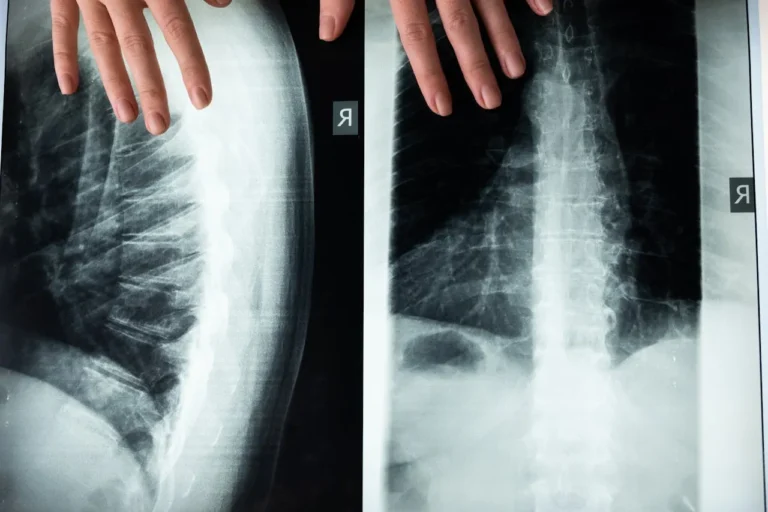
Axena Health, Inc., a medical device company focused on female pelvic health, has announced the development of a machine learning model that could help clinicians create personalized treatments for female pelvic floor disorders. Researchers from Massachusetts General Hospital, the Massachusetts Institute of Technology, and Axena Health analyzed data from over 600 real-world patients to identify trends that may enable more tailored first-line treatments for female urinary incontinence and improve the identification of patients who might require advanced therapies like sacral neuromodulation. The findings will be presented in an oral session on Thursday, October 24, at 3:55 PM during PFD Week 2023, the annual scientific meeting of the American Urogynecologic Society (AUGS) in Washington, DC. The study utilized the Leva® Pelvic Health System.
In the abstract titled “Predicting Success in Women Undergoing First-Line Treatment for Urinary Incontinence,” researchers applied advanced machine learning techniques to various predictors, including demographic factors (age, BMI, race/ethnicity), baseline symptoms, and data captured by the Leva System within 14 days of initial use. This analysis enabled the prediction of treatment success probabilities using multiple machine learning approaches, with the Random Forest model emerging as the most effective, accurately predicting outcomes 78% of the time. This finding was validated using a separate dataset and can help identify patients who may benefit from additional coaching or changes in their treatment regimen to optimize results.
“Our research team aimed to create a model to enhance treatment outcomes for women with urinary incontinence,” said Dr. Samantha J. Pulliam, Chief Medical Officer of Axena Health. “By leveraging advanced machine learning techniques and data from the Leva System, we observed trends that allowed us to predict treatment outcomes based on current regimens. We believe this discovery will enable clinicians to develop personalized treatment plans, potentially saving time and costs while providing better symptom relief for more women.”
Abstract Authors Include:
- Aria Eppinger
Massachusetts Institute of Technology - Milena M. Weinstein, MD
Associate Professor of Obstetrics and Gynecology, Harvard Medical School
Chief of Urogynecology and Reconstructive Pelvic Surgery
Co-chair, Center for Pelvic Floor Disorders
Director of Research, Urogynecology and Reconstructive Pelvic Surgery Fellowship
Massachusetts General Hospital - Samantha J. Pulliam, MD
Assistant Professor, Tufts Medical School, Department of Obstetrics and Gynecology
Chief Medical Officer, Axena Health, Inc. - Alexander Melamed, MD, MPH
Associate Professor of Obstetrics, Gynecology, and Reproductive Medicine
Harvard Medical School
Gynecologic Oncologist, Massachusetts General Hospital
“Axena Health is committed to enhancing the standard of care for women’s pelvic health,” said CEO Randy Pritchard. “We prioritize rigorous data behind the Leva System and ensure women receive the appropriate treatment for urinary incontinence. We commend the researchers’ innovative application of machine learning to predict treatment success probabilities, which is crucial for improving outcomes for women seeking care.”
Attendees at PFD Week 2024 can learn more about the Leva System by visiting Axena Health at booth #611.
About the Leva® Pelvic Health System
The Leva® Pelvic Health System provides an innovative, non-invasive, medication-free solution for women to train and strengthen their pelvic floor muscles at home in just five minutes a day, targeting urinary incontinence (UI) and chronic fecal incontinence (FI). Combining an FDA-cleared vaginal motion sensor with integrated software, the Leva System offers real-time visualization of pelvic movement, progress tracking, and active physician involvement to support women’s success. Recognizing that pelvic floor muscle training is most effective under professional supervision, the Leva System is available by prescription only, enabling physicians to treat UI and chronic FI on a broader scale while remaining involved in patient care. The system has been supported by multiple clinical trials and published research from renowned medical centers, including studies in Obstetrics and Gynecology (The Green Journal), the official publication of the American College of Obstetricians and Gynecologists (ACOG).
About Axena Health
Axena Health, Inc. is dedicated to improving the lives of women with pelvic floor disorders. Its flagship product, the Leva® Pelvic Health System, offers a novel, effective first-line treatment for urinary incontinence (UI) and chronic fecal incontinence (FI), conditions that affect over 78 million and 12 million women in the U.S., respectively. Axena Health’s technology enables non-invasive, drug-free treatment through precise real-time visualization of movement during pelvic floor muscle training, while monitoring usage and progress.




